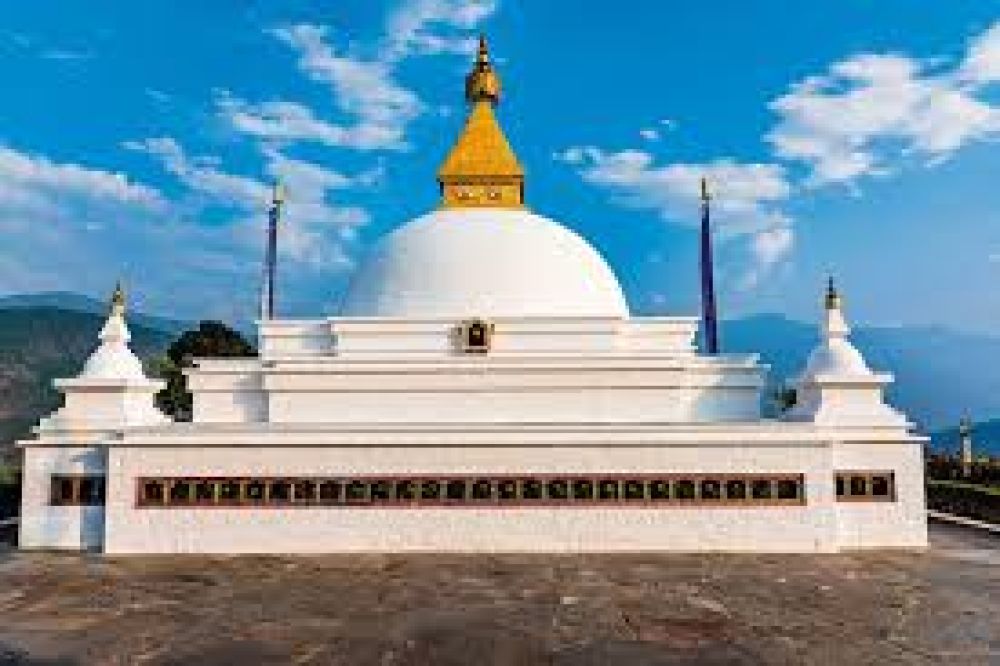

Sangchhen Dorji Lhuendrup Nunnery is an important spiritual and cultural site in Punakha, Bhutan. Buddhism has been integral to Bhutanese culture, shaping its spiritual heritage and tourism industry for centuries. While the nunnery itself was recently inaugurated in 2015 by His Holiness the Je Khenpo, the Chief Abbot of Bhutan, the history of tourism in Bhutan dates back much further.
Bhutan cautiously opened its door to tourism in 1974 with the arrival of its first foreign tourists. Initially, the Bhutanese government adopted a strict policy of high value, low volume tourism to minimize cultural and environmental impact. Since then, tourism in Bhutan has grown steadily with the introduction of its unique policy of Gross National Happiness, which puts the well-being of its citizens and the conservation of its culture and environment ahead of pure economic growth.
The Sangchhen Dorji Lhuendrup Nunnery itself, being a more recent addition, reflects Bhutan's ongoing commitment to its cultural heritage with its religious significance and the fact that it serves as a center for higher learning and meditation for nuns. It has quickly become an attraction for spiritually minded tourists and those interested in Buddhist culture and the role of women in religion.
In recent years, Bhutan has seen shifts in its tourism trends due to its sustainable tourism policies and global travel patterns. The country has experienced an increase in demand for authentic cultural experiences, eco-tourism, and wellness retreats. The following points have been noted as significant trends affecting tourism in Bhutan, including the area surrounding the Sangchhen Dorji Lhuendrup Nunnery.
As global tourism evolves and adapts to the post-pandemic environment, Bhutan remains a model for sustainable tourism management, with sites like the Sangchhen Dorji Lhuendrup Nunnery contributing to its appeal as a destination that offers unique and transformative experiences.